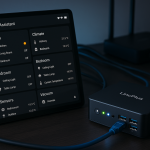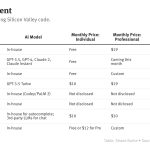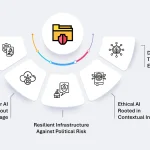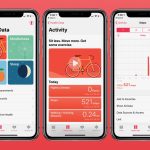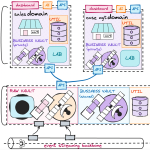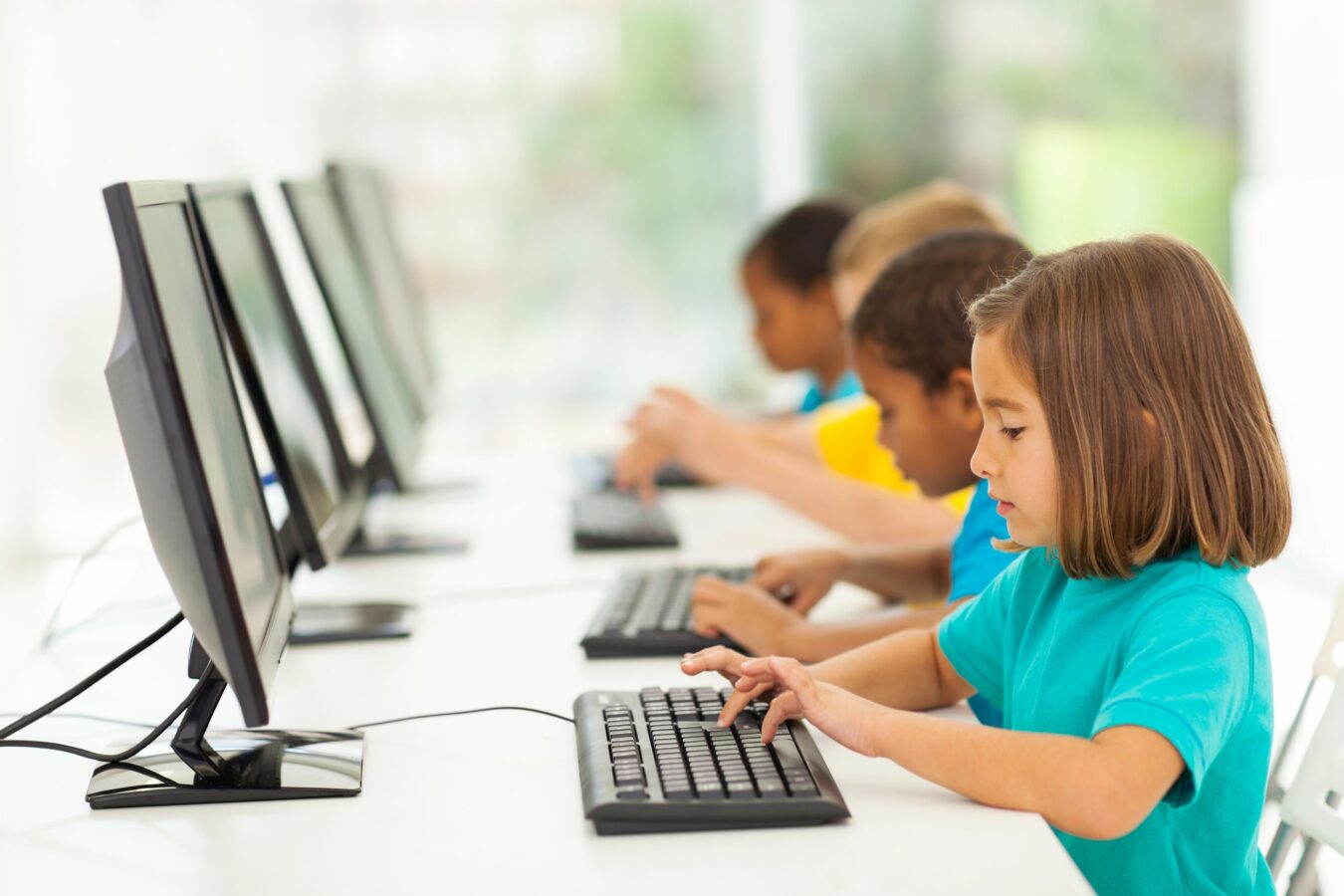
21184999 - group elementary school students in computer class
Computer is a remarkable innovation that has revolutionized human work, from mathematical calculations to printing books, news papers and various other uses.
Modern computers typically consist of a central processing unit which interprets instructions; memory to store programs and data; as well as input/output devices like keyboards and monitor screens. Over the past 60 years, computers have witnessed dramatic advances in technology which make their capabilities possible.
It is the mastermind gift of the science to the whole human fraternity
Computers are extraordinary machines that are capable of storing vast amounts of information in their memory and processing it at breathtaking speeds. This makes them invaluable tools in many fields – including research, education, and communication – where previously it would have been considered impossible – such as performing calculations quickly or gathering large amounts of information rapidly.
Charles Babbage invented the computer in the 19th century and is often regarded as its father. His analytical engine was used to perform complex mathematical calculations; Ada Lovelace is considered the first computer programmer, who assisted Babbage in programming his engine. Alan Turing later proposed an idea for universal machines which could potentially compute anything.
Modern computers consist of various parts, from hardware to software. Hardware comprises its physical structure and internal components; software contains instructions that direct how the computer should work. A typical modern computer can process millions of bits per second into its memory for storage – each bit can represent up to 28 numbers (28 = 256)! Furthermore, instructions are stored as a set of eight bits known as a byte for easier reading.
It is very beneficial for the students of any class
Computers help students stay focused and engaged during lessons, making learning an enjoyable experience. Furthermore, computers allow students to work at their own pace which increases success – this is especially valuable for young children and elderly students.
Computers provide students with an easier and faster way of conducting online research for assignments. Equipped with appropriate software, students can write reports digitally collaborate digitally automate tasks to save both time and energy while writing reports or automating tasks to save themselves both time and energy.
Computers have revolutionized student education by giving them access to niche topics and enrolling in specialized programs. Students can also use computers as access devices for online courses and other educational platforms that enhance the overall learning experience. Computer technology helps develop valuable future-focused skills like digital communication and problem-solving – crucial skills needed in today’s workforce and giving those adept with computers an edge when seeking employment opportunities.
It is very powerful
Computers can process information with incredible speed, accuracy and dependability. Their vast storage capacities also make them indispensable tools for businesses and governments alike; moreover, computers form the backbone of the Internet – a global network linking billions of people and devices across it all.
A computer’s central processor (CPU) deciphers program instructions, turning them into control signals for various systems. Its memory stores data, programs, and results of processing; its storage capacity ranges from fast but volatile RAM memory to long-term hard disk.
Computers are used in an ever-expanding variety of ways, from special purpose devices to complex engineering and scientific machines. Their widespread usage makes it essential for children to gain at least some knowledge about computers – preparing them for an ever-changing future where humans and machines will increasingly co-exist.

